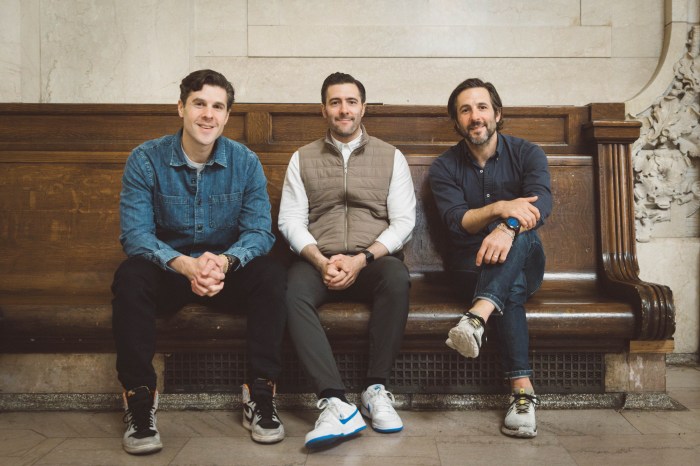
The de Blasio administration is pushing back against proposed residential parking permit systems, questioning the effectiveness and fairness of such programs in New York City.
Several City Council members and some transportation advocates believe that a residential parking program can help make sense of the city’s relatively lax curb regulations and free up parking for residents. But the city’s Department of Transportation believes any program could adversely affect residents of car-dependent neighborhoods while doing little to relieve residents on endless hunts for parking.
Margaret Forgione, chief operating officer for the city’s Department of Transportation, reasons there are too many city-resident owned vehicles, compared to available curb space. Besides, she said, any parking permit program would have to be authorized by the state.
“If the supply of permits significantly exceeds the number of parking spaces in a zone, the permit is no guarantee of parking availability — just a permit that residents must now obtain for the privilege of circling the block looking for parking, exactly as they did before,” Forgione said at a City Council hearing on Tuesday. “In this case, only a system that incorporates either rationing or pricing to control the number of permits will actually ease the search for parking — meaning waitlists, or a mechanism such as auctioning.”
Almost 1.4 million households in New York City, or about 45 percent of all households, own a car, according to city data. Forgione could not provide an estimate of the total number of city parking spaces.
Manhattan Councilman Mark Levine and Francisco Moya, of Queens, have each sponsored legislation to create residential parking permits in their districts, while Transportation Committee chairman Ydanis Rodriguez has introduced a bill for a citywide program that would designate 20 percent of all parking for nonresidents of each permit zone.
“It’s a common-sense solution,” said Rodriguez, before the hearing, saying that the city would have to study costs and distribution techniques for the program. “The city will not be able to accommodate everybody.”
Several council members complained of workers from other states driving into their districts and taking up valuable parking spaces, which are generally either free or underpriced by the city. Mark Levine said that a residential parking system would have to be in place to support any congestion pricing plan to come, in order to ensure that drivers coming from outside the city don’t commute in and search for parking outside a designated tolled zone.
“If you don’t deal with this now, then we’re going to face major practical and political challenges in approval of congestion pricing with outlying neighborhoods who I think rightly fear that this problem will only increase once you put charges on 60th Street,” said Levine, referring to the proposed tolled zone from the Fix NYC panel’s congestion pricing proposal.
Still, others felt that the city couldn’t begin to adequately manage its curb space until there is a significant culture change and enforcement-crackdown against city workers who currently use their parking placards — or create fake placards — to park illegally. Since former Mayor Michael Bloomberg’s crusade against parking perks about a decade ago, there has been an increase in the number of city-issued parking placards, with roughly 160,000 now in circulation.
While de Blasio has pledged a tightening of enforcement against placard misuse, experts and watchdogs have seen little change in behavior. The Police Department has just 116 positions dedicated to fighting abuse of parking placards. During the mayor’s crackdown, now about a year in, the city has towed just 89 vehicles for using illegal placards, according to NYPD officials.
The Council is trying to do its part; on Tuesday, it heard several bills related to parking placards that would increase penalties for fraudulent permits and create an electronic database to track official placards.
Despite all the challenges with city curb space, transportation advocate and blogger Aaron Naparstek said an elementary residential parking program, or RPP, would have some value.
“Even an underpriced, poorly designed 1.0 RPP system would mean that NYC is at least starting to account for and manage the curbside, which is currently a complete Wild West free-for-all [expletive] and the root cause of so much of our surface transportation dysfunction,” Naparstek tweeted.


































